On June 12, 2025, Air India Flight 171, a Boeing 787-8 Dreamliner en route from Ahmedabad to London Gatwick, crashed just 32 seconds after takeoff, killing 241 of the 242 passengers and crew on board, along with 19 people on the ground. The sole survivor, a British passenger seated in 11A, emerged from the wreckage as the aviation world grappled with one of India’s deadliest air disasters. A preliminary report by India’s Aircraft Accident Investigation Bureau (AAIB) revealed a chilling detail: both fuel control switches, which govern the flow of fuel to the aircraft’s engines, were moved from the “RUN” to “CUTOFF” position seconds after takeoff, causing a catastrophic loss of power. The cockpit voice recorder captured a haunting exchange, with one pilot asking, “Why did you do it?” and the other responding, “I didn’t.”
Now, a shocking leak of medical records belonging to Captain Sumeet Sabharwal, the pilot-in-command, has sparked allegations that Air India may have concealed critical information about his mental health, raising questions about the airline’s negligence and potential cover-up. This article explores the details of the leaked records, the implications for aviation safety, and the accusations leveled against Air India.
The Crash of Air India Flight 171
Air India Flight 171 departed Ahmedabad’s Sardar Vallabhbhai Patel International Airport at 13:39 IST on June 12, 2025, carrying 230 passengers and 12 crew members. The aircraft, a 12-year-old Boeing 787 Dreamliner, reached a maximum altitude of 625 feet before losing thrust and crashing into the hostel block of B.J. Medical College in Ahmedabad’s Meghani Nagar. The impact caused multiple explosions, killing 260 people, including former Gujarat Chief Minister Vijay Rupani.
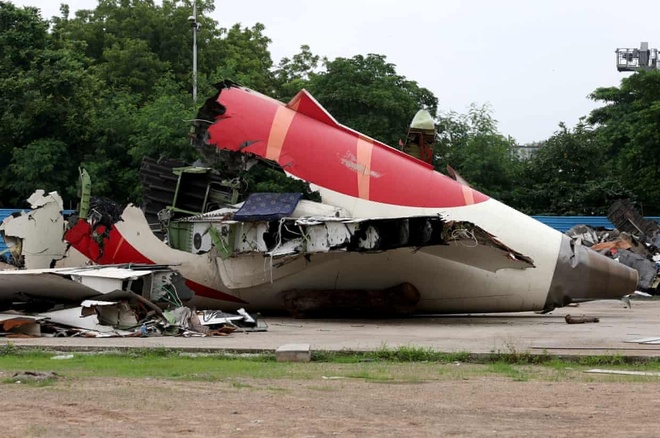
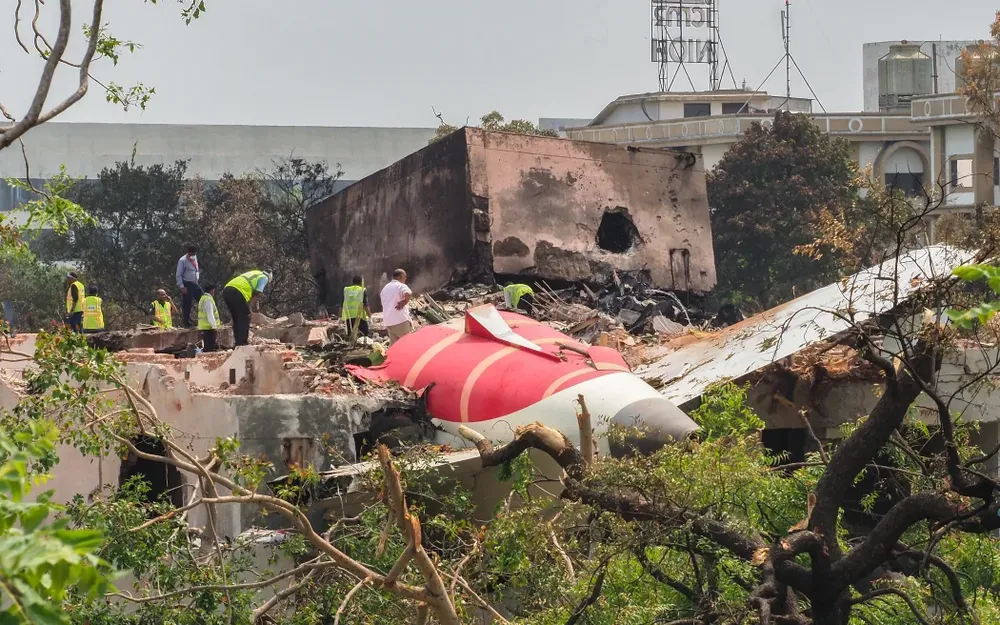
The AAIB’s preliminary report, released on July 12, 2025, revealed that the fuel control switches were deliberately moved to the “CUTOFF” position, a maneuver typically performed only after landing. The switches, equipped with a locking mechanism to prevent accidental movement, require a pilot to pull and toggle them intentionally. Seconds after the cutoff, the switches were flipped back to “RUN,” initiating an automatic engine relight. One engine began regaining thrust, but the other had not yet recovered power when the aircraft crashed. The report did not attribute blame but focused attention on the pilots’ actions, ruling out mechanical failure or design flaws.
The cockpit voice recorder (CVR) provided limited insight, capturing only the brief exchange between Captain Sabharwal and First Officer Clive Kunder, who was flying the aircraft during takeoff. The lack of speaker identification in the preliminary report has fueled speculation about who was responsible for the fuel cutoff.
The Leaked Medical Records
In a bombshell revelation on July 14, 2025, reports surfaced that Captain Sumeet Sabharwal’s medical records had been leaked, allegedly showing a history of severe depression and mental health issues. According to sources cited by The Telegraph and Daily Mail, several Air India pilots claimed that Sabharwal had been on extended medical leave prior to the crash, reportedly struggling with depression following the death of his mother in 2022. The leaked records, which have not been independently verified, suggest that Sabharwal was prescribed antidepressants and underwent psychological evaluations, raising concerns about whether he was fit to fly.
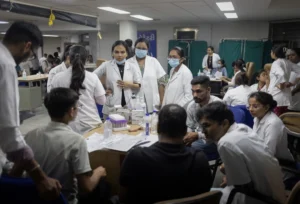
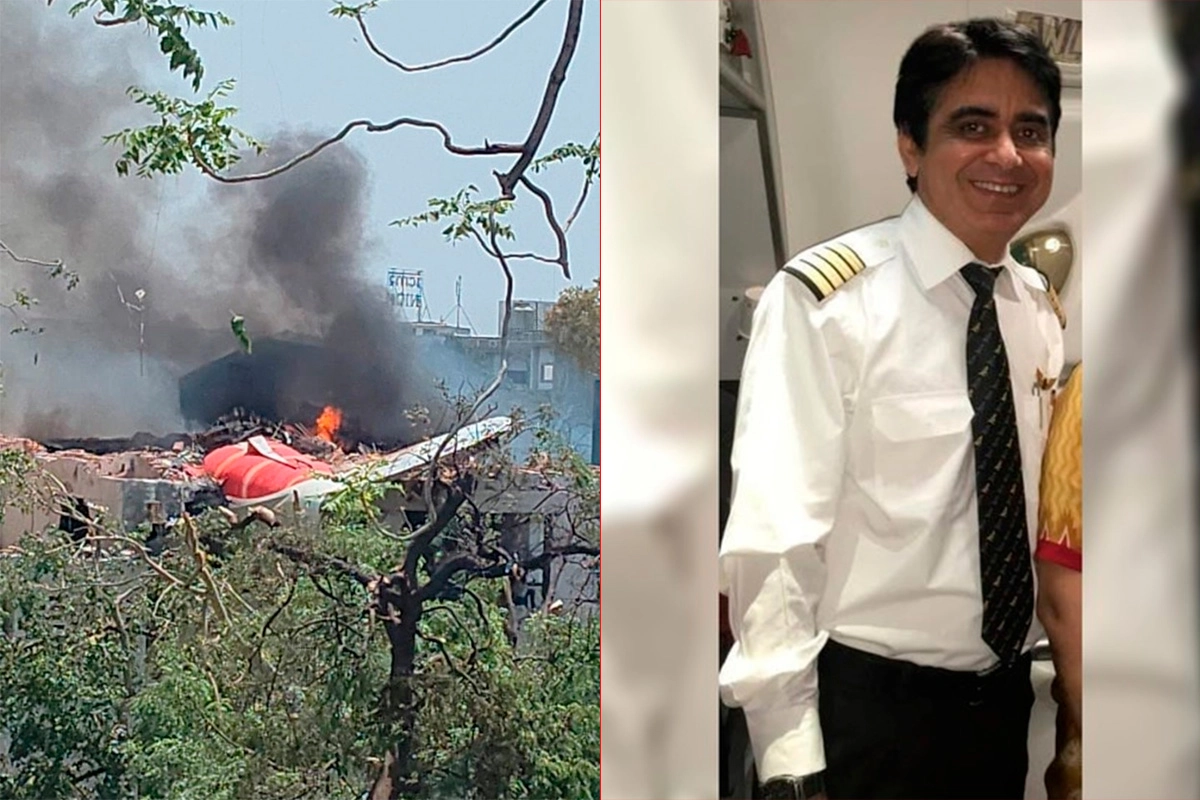
Captain Mohan Ranganathan, a respected aviation safety expert and former member of India’s Civil Aviation Safety Advisory Council, told The Telegraph that “several Air India pilots” had informed him of Sabharwal’s mental health struggles. He emphasized that such conditions, if not properly managed, could pose significant risks in the high-stakes environment of a cockpit. Ranganathan, who has testified in international crash investigations, including the SilkAir Flight 185 case, pointed to historical precedents like Malaysia Airlines Flight 370 and Germanwings Flight 9525, where pilot mental health was a contributing factor. He urged investigators to examine Sabharwal’s psychological and behavioral health over the months leading up to the crash, not just the days prior.
Sabharwal, 56, was an experienced pilot with over 15,600 flight hours, including 8,596 on the Boeing 787. He last underwent a Class I medical exam on September 5, 2024, which evaluates a pilot’s psycho-physical capabilities. According to an official from the Tata Group, Air India’s parent company, Sabharwal had not taken recent medical leave, though he did take bereavement leave in 2022. The official claimed that the preliminary report found no significant issues in his medical records. However, the leak has cast doubt on the thoroughness of Air India’s medical oversight and the accuracy of the official narrative.
Allegations of Airline Negligence
The leaked records have fueled accusations that Air India may have been aware of Sabharwal’s mental health issues but failed to act, potentially prioritizing operational needs over safety. Captain Ranganathan criticized both Air India and India’s Directorate General of Civil Aviation (DGCA) for inadequate mental health safeguards for pilots. “Pilots in India are stretched to the limit. No time with family. No psychological profiling. They’re treated like machines,” he said. He argued that the DGCA and airlines have ignored repeated warnings about pilot fatigue and mental health, increasing the risk of disasters like Flight 171.
Families of the victims have gone further, accusing Air India of orchestrating a cover-up to protect the airline and its parent company, Tata Group, as well as Boeing, the aircraft manufacturer. Ameen Siddiqui, whose brother-in-law and family died in the crash, told The Telegraph that the preliminary report was a “cover-up” designed to “blame dead pilots who can’t defend themselves.” He rejected Air India’s compensation offer and vowed to take legal action, alleging negligence in allowing Sabharwal to fly. UK law firms representing dozens of victims’ families are also considering lawsuits against Air India and Boeing, citing systemic failures in safety protocols.
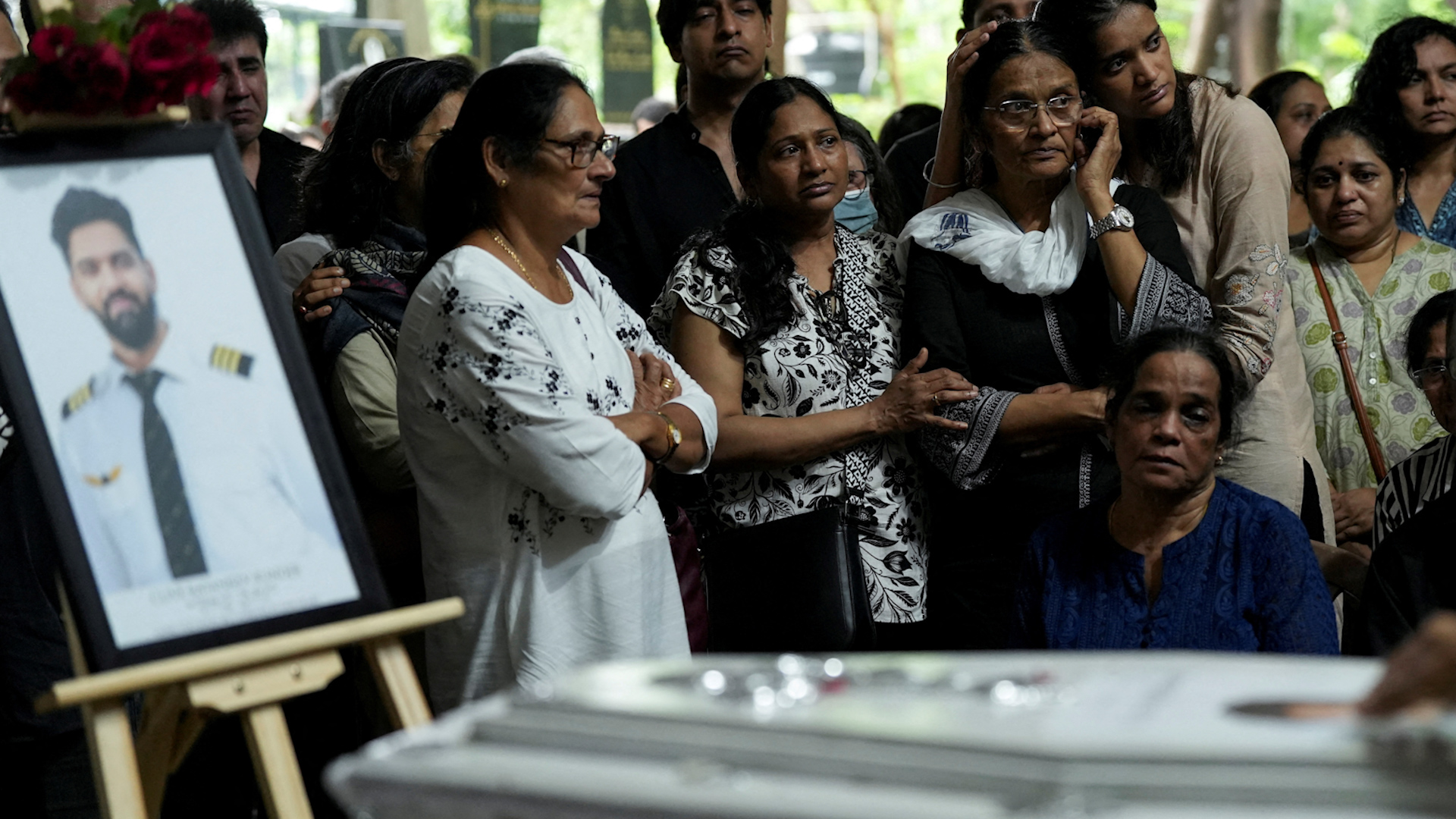
Peter Neenan, an aviation lawyer with experience in high-profile crash cases, accused Air India of “ethically outrageous” behavior toward bereaved families, claiming the airline pressured relatives to complete complex financial questionnaires under distressing conditions. Neenan suggested that Air India’s actions could save the airline millions by under-compensating families, further eroding trust in the airline’s handling of the crisis.
The Indian Commercial Pilots’ Association Response
The Indian Commercial Pilots’ Association (ICPA) has strongly condemned the “reckless and unfounded insinuation of pilot suicide” circulating in the media. In a statement issued on July 13, 2025, the ICPA called such claims a “gross violation” of ethical reporting and a “disservice to the profession.” The association emphasized that pilots undergo rigorous psychological and professional screening, as well as recurrent training, to ensure mental fitness and safety. They argued that the crew of Flight 171 acted in line with their training under challenging conditions and urged the public to await the final investigation report before speculating.
The ICPA also questioned the “tone and direction” of the AAIB’s preliminary report, suggesting a bias toward pilot error. They noted that the pilots attempted to mitigate the crisis by returning the fuel switches to “RUN,” deploying the Ram Air Turbine (RAT), and issuing a mayday call. Additionally, evidence suggests the pilots veered the aircraft away from a densely populated area to minimize ground casualties, an action inconsistent with intentional sabotage.
Broader Implications for Aviation Safety
The crash of Air India Flight 171 and the subsequent medical records leak have reignited debates about mental health in aviation. Historical cases, such as Germanwings Flight 9525 and Malaysia Airlines Flight 370, highlight the devastating consequences of unaddressed pilot mental health issues. In India, where the aviation sector is the third-largest globally, growing at over 10% annually, the pressure on pilots is immense. The industry employs nearly eight million people and generates $53.6 billion annually, but safety standards have struggled to keep pace with rapid expansion.
Captain Amit Singh, founder of the Safety Matters Foundation, described aviation accidents as “rarely isolated events” resulting from “a chain of overlooked warnings, normalized deviance, and systemic complacency.” He criticized the Tata Group for inheriting a “legacy riddled with systemic issues” and called for stronger regulatory oversight and mental health screening for pilots.
The FAA and NTSB, assisting in the investigation, have emphasized the need for cockpit video recorders to clarify pilot actions, as recommended by the NTSB. Such technology could have identified who moved the fuel switches, potentially resolving the mystery surrounding Flight 171.
Conclusion
The leak of Captain Sumeet Sabharwal’s medical records has cast a dark shadow over the investigation into Air India Flight 171, raising serious questions about the airline’s oversight of pilot mental health and its transparency in the aftermath of the tragedy. While the preliminary report points to human action as the likely cause of the fuel cutoff, the lack of conclusive evidence and the ICPA’s defense of the pilots underscore the complexity of the case. Families of the victims, aviation experts, and the public demand answers, but the final report, expected within 12 months, may be the only path to clarity.
As the investigation continues, the aviation industry faces a reckoning. The tragedy of Flight 171 is a stark reminder that mental health, regulatory oversight, and corporate accountability are as critical to safety as mechanical reliability. For now, the leaked records and allegations of a cover-up have deepened the wounds of a grieving nation, leaving Air India and the DGCA under intense scrutiny.


